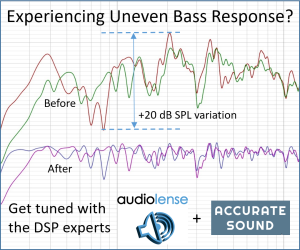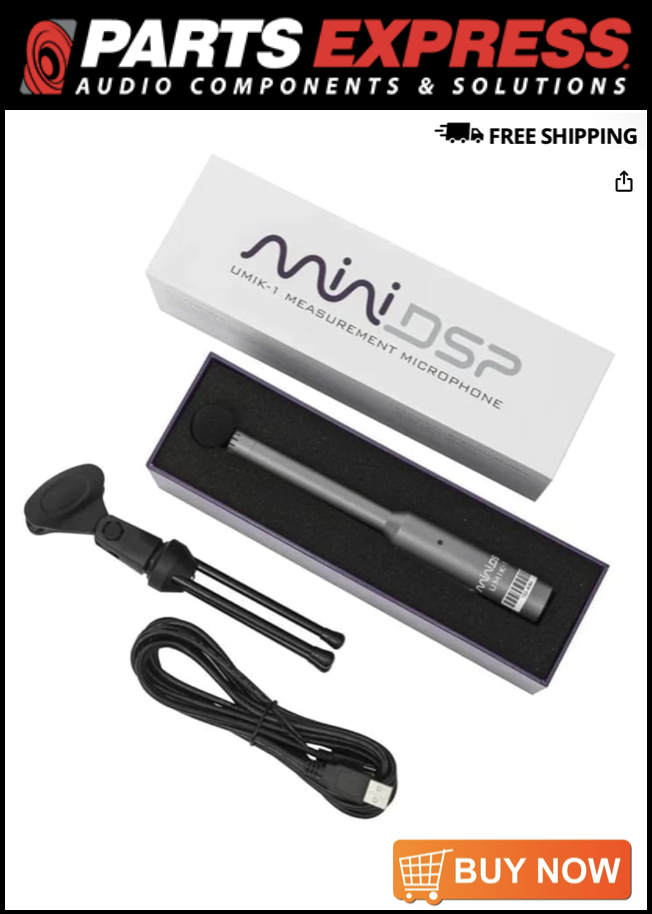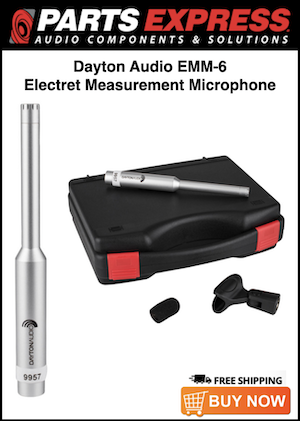moedra
Member
- Joined
- Mar 1, 2021
- Posts
- 141
In all my tests, over the countless hundreds of times I have done this over the last two years, and with all the different speakers I have done this to, I never actually heard much benefit at all when I tried modifying and correcting the phase. I make the filters based on the procedure I eventually worked out to produce the best sounding results which, as strange as it may seem, does not involve doing any intentional modifications to the phase.The charts show the main findings. The SPL was effectively smoothed out to a house curve very near what I would target. The phase rotation was only impacted a little by the effect of PEQ EQ filters and shows the minor differences at the extremes that reflect the cal files I added. There is no indication that you applied any FIR phase correction even in the higher frequencies. Several of us are doing that with help of rePhase, but its practical value is questionable.
I make the filters following the one process (out of hundreds of different variations I cooked up and tried) that produces the best sounding results. Regardless of what I did, whether it seemed like the right thing to do or not, if the filters didn't sound right to me I scrapped them and changed the procedure. I did this countless times over and over again until I nailed it down to what you have there, which is a result of the best sounding procedure I've been able to work out. It's a manual process, and yes, it does involve being selective and knowing what to correct and what to leave alone.I think you were wise to address the large SPL issues and not try to correct for all the minor fluctuations.
Yes, listening is essential! At the end of the day, the sound itself is the reason we do this.I will also try to listen to them, but it won't mean much because I will likely assume any differences are just due to the different house curve. This new filter set is bound to be noticeably brighter than I am used to.
Last edited:













